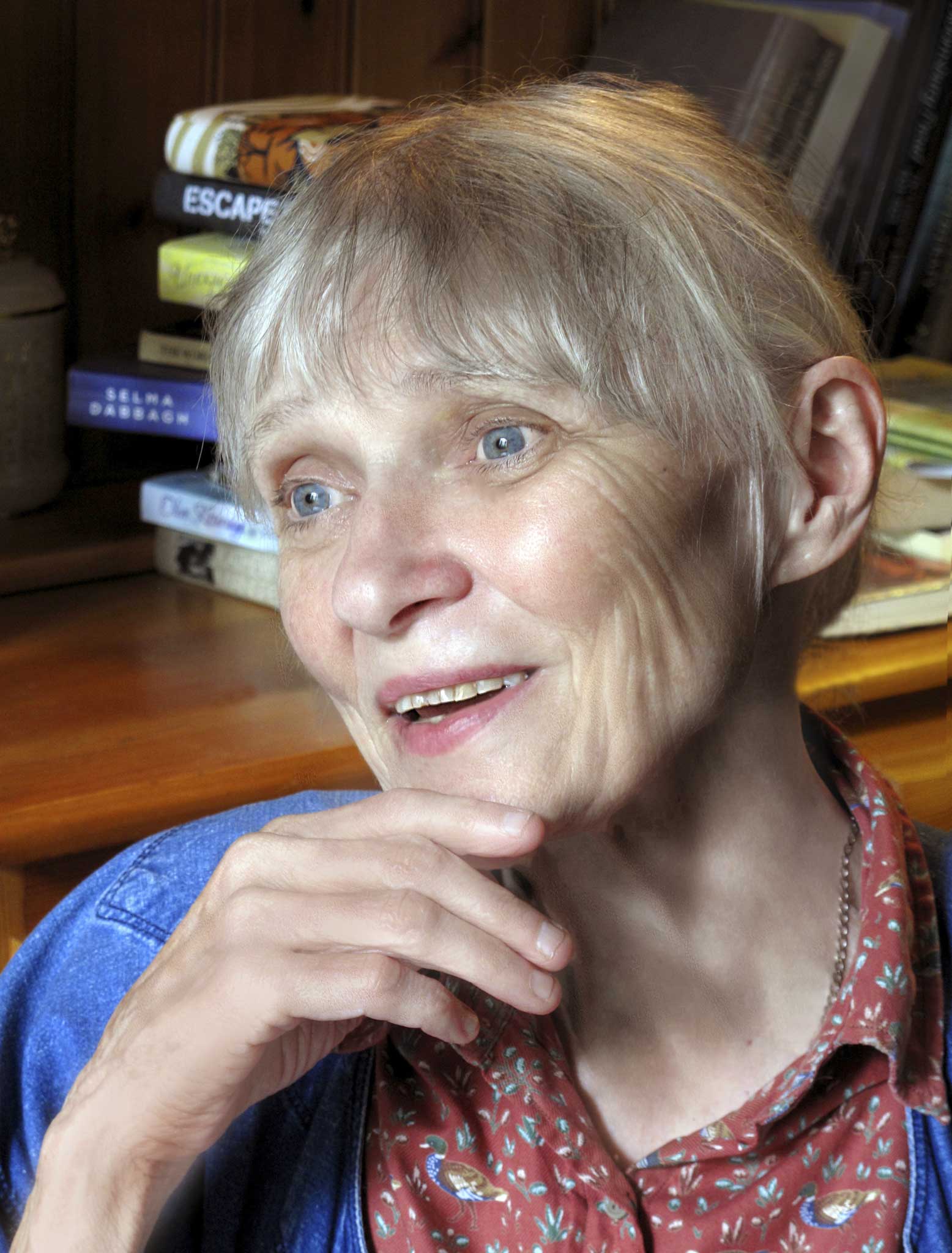Unexpected Lessons in Love, By Bernardine Bishop
Rules of attraction and affection come under cool scrutiny in this novel of modern manners

Your support helps us to tell the story
From reproductive rights to climate change to Big Tech, The Independent is on the ground when the story is developing. Whether it's investigating the financials of Elon Musk's pro-Trump PAC or producing our latest documentary, 'The A Word', which shines a light on the American women fighting for reproductive rights, we know how important it is to parse out the facts from the messaging.
At such a critical moment in US history, we need reporters on the ground. Your donation allows us to keep sending journalists to speak to both sides of the story.
The Independent is trusted by Americans across the entire political spectrum. And unlike many other quality news outlets, we choose not to lock Americans out of our reporting and analysis with paywalls. We believe quality journalism should be available to everyone, paid for by those who can afford it.
Your support makes all the difference.Samuel Richardson's novels were rooted in his early jobbing writing as a kind of 18th-century agony uncle. He honed his craft by producing, for people lacking education, a collection of model letters suitable for tricky familial situations involving money and sex. The epistolary masterpieces, Pamela and Clarissa, followed.
A certain kind of English novel continues this didactic tradition. Unexpected Lessons in Love is one of them: as though Bernadine Bishop posed herself a series of questions concerning love, illness, maternity and friendship, then composed this story in order to answer them. It is not written in the form of letters, though it contains quite a few; some of the time it reads like case-notes, appropriately perhaps, since its main protagonist, Cecilia, is a retired psychotherapist.
The omniscient narrator peeping over Cecilia's shoulder likes to sum things up briskly. Cecilia's son and his admirer are neatly dispatched: "Ian was forty, Marina thirty-five. Both were goodlooking and confident… She loved him more than she thought it good for him to know. He took her for granted..." This narrative style, plain to the point of occasional banality, allows a reviewer to précis the story, since a lot of the time Cecilia is doing that.
Having been operated on for a recurrence of anal cancer, Cecilia makes friends with Helen, a novelist, who has survived bowel cancer. Both learn to live with colostomies, and colostomy bags, doing so with humour and irony, at the same time supporting each other with tender honesty. Cecilia's husband Tim is good at tennis and computers rather than feelings. He stands by, however, when Ian turns up with his two month-old baby, Cephas, conceived during a brief fling, dumps him, and scarpers.
Ian, as a foreign correspondent, can't do childcare, and the baby's mother Leda is apparently psychotic. Cecilia's relationship with baby Cephas is described in affectionately detailed, touching close-up. The reader is invited to share her grandmotherly attention that substitutes well for the lost maternal gaze. Marina and Tim finally marry. Marina takes the baby on, while Cecilia continues trying to help Leda.
Images of sisterhood, from nuns to nurses, abound. The sisterliness between Cecilia and Helen veils the novel's fascinating ambivalence towards different kinds of female creativity: motherhood and writing. Helen, a raffish creature who inordinately loves men, drink, cigarettes and sex, is presented as selfish in her self-expression.
She is non-maternal, and neglects her aged mother. She seems like the shadow side of selfless Cecilia, so concerned with women's traditional role as carer, so accepting that Ian must not be "enslaved and ground down by his family". Traditional femininity wins: Helen finally (unbelievably) marries a dull man, bad at sex, who offers to help her diet and cut down on the champagne. I longed for Pamela and Clarissa to spring up and dash off protesting letters.
Michèle Roberts's latest novel is 'Ignorance' (Bloomsbury)
Join our commenting forum
Join thought-provoking conversations, follow other Independent readers and see their replies
Comments